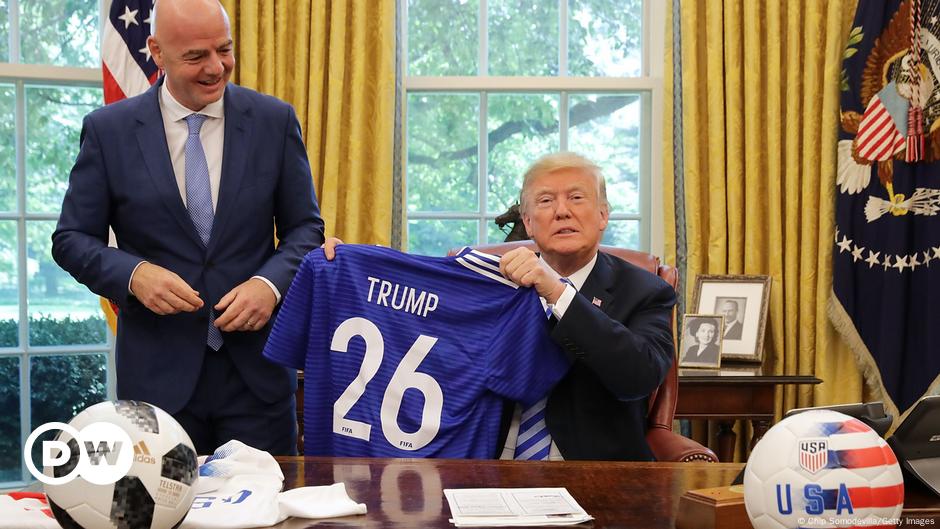Game Changer: Trump's Potential White House Comeback and the Sports World's High-Stakes Shuffle

As the United States prepares for major international sporting spectacles, the potential second term of Donald Trump looms large over the global athletic landscape. With both the World Cup and Olympics set to grace American soil, sports enthusiasts and athletes alike are keenly watching how political dynamics might reshape these monumental events.
The upcoming tournaments represent more than just athletic competitions; they symbolize a unique intersection of international diplomacy, cultural exchange, and sporting excellence. Trump's potential return to the White House could significantly influence the atmosphere, diplomatic interactions, and overall experience of these global sporting celebrations.
From potential changes in visa policies for international athletes to the broader geopolitical implications of hosting these prestigious events, the intersection of sports and politics promises to be a fascinating narrative. Athletes, sports administrators, and international observers will be closely monitoring how a potential Trump administration might impact the spirit of international competition and collaboration.
As the world anticipates these landmark sporting events, the underlying question remains: How will political leadership shape the experience of global athletic excellence on American soil?

